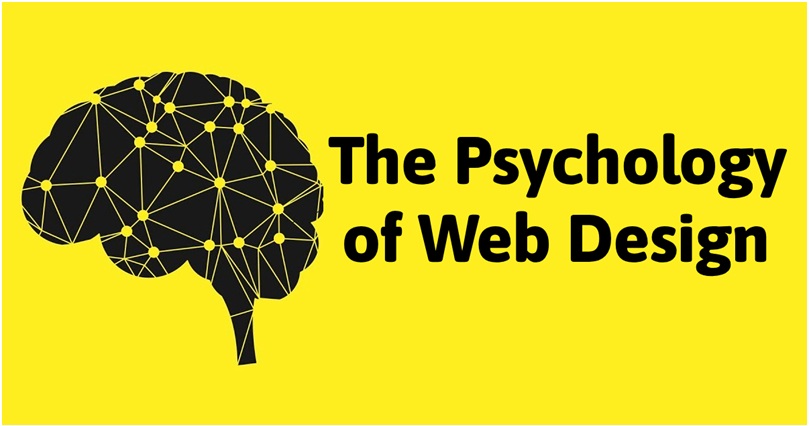Table of Contents
Introduction:
Welcome to the fascinating realm where creativity meets psychology – Web Design Psychology. In this article, we’ll delve into the intricate connection between psychology and design, exploring how it shapes user experiences, influences decision-making, and sets the foundation for effective web design. Whether you’re a budding designer, a curious user, or contemplating a career in web design, we’ve got you covered.
Understanding Web Design Psychology
How is psychology used in design?
In the world of web design, understanding human behavior is key. Psychology plays a pivotal role in creating designs that resonate with users. By tapping into cognitive processes, designers can craft interfaces that are intuitive, engaging, and visually appealing. From color psychology to user interaction patterns, every element is a brushstroke on the canvas of user experience.
The Psychology Behind UX Design
User experience (UX) design is a dynamic field that draws heavily from psychology. Explore the intricate ways in which designers leverage psychological principles to enhance user satisfaction, usability, and accessibility. Discover the secrets behind creating interfaces that not only look good but also intuitively guide users through a seamless digital journey.
The 3 Types of Web and Their Psychological Impact
Unraveling the Types of Web
The web is a diverse landscape with different types of platforms. From informational websites to e-commerce platforms and social networks, each type has its unique psychology. Explore the nuances of designing for different web types and the impact it has on user engagement and interaction.
Web Design Psychology – Is It a Good Career Choice?
The Rise of Web Design as a Career
Considering a career in web design? Discover why being a web designer is more than just a job – it’s a dynamic and rewarding profession. Dive into the skills required, the evolving industry trends, and the limitless possibilities that come with a career in web design.
Also Read: Website Designers – What is their role and what do they do?
FAQs: Answers to Common Queries
Q1: How does psychology enhance web design?
A1: Psychology enhances web design by providing insights into user behavior, preferences, and decision-making processes. Designers leverage this knowledge to create interfaces that resonate with users and deliver an optimal user experience.
Q2: What are the key principles of UX design psychology?
A2: The key principles of UX design psychology include understanding user goals, designing for accessibility, employing visual hierarchy, and leveraging cognitive load theory. These principles ensure a user-centric approach to design.
Q3: Can web design impact user trust?
A3: Absolutely. A well-designed website instills trust in users. Elements such as clear navigation, secure payment options, and a visually appealing layout contribute to a positive perception, fostering trust and credibility.
Conclusion:
In the dynamic world of web design, understanding and applying psychology is the secret sauce for creating impactful and user-centric experiences. Whether you’re a designer, business owner, or someone contemplating a career in web design, the fusion of creativity and psychology is the key to unlocking digital success. Embrace the power of Web Design Psychology, and let your designs leave a lasting impression on the digital landscape.





